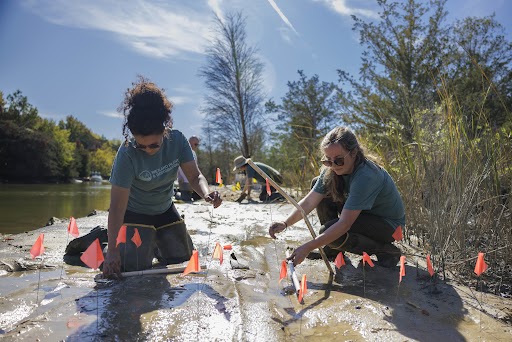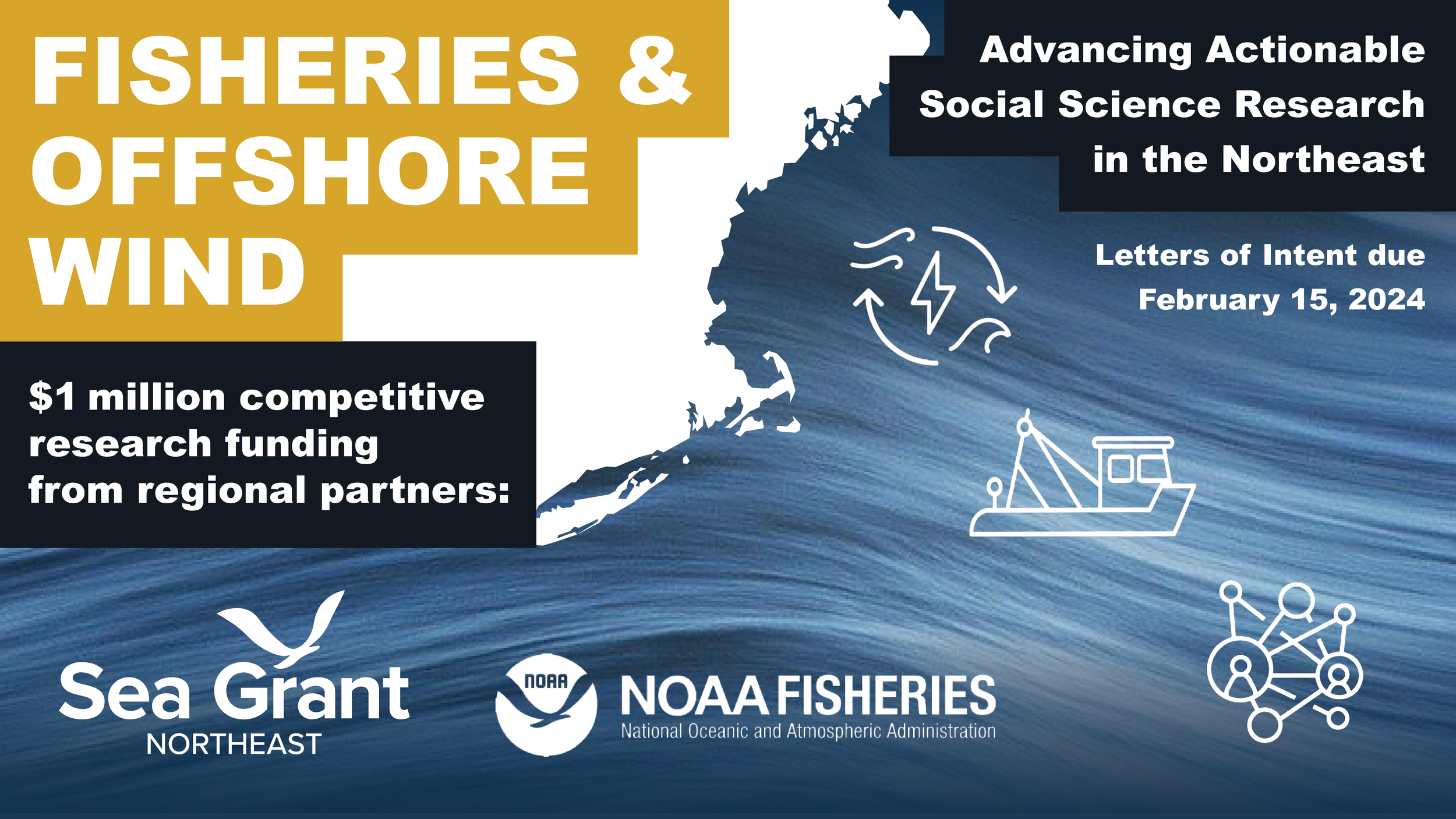With rising sea levels, increased nuisance flooding and more severe storms, it’s important to ensure that coastal communities are adequately prepared for coastal hazards.
Communities that create a Program for Public Information (PPI) can receive credits for exceeding minimum floodplain management standards under the National Flood Insurance Program’s Community Rating System (CRS). A Program for Public Information is a voluntary incentive program created under the 2013 CRS Coordinator’s Manual, Activity 330, designed to educate citizens about flood risks and make them more resilient.
Sea Grant programs in areas at risk of increased nuisance flooding and more severe storms are helping communities better understand how to create a PPI:
“We have been working on the PPI for a few years now,” said Rick Stickler, city floodplain manager for Biloxi, Mississippi, “It is important to the city for the insurance savings and for the safety of our citizens.”
The website includes information about who must be included in the PPI committee, realistic timelines, lessons learned and copies of the two PPI documents created through the EPA-funded project. The documents can serve as examples for communities considering creating and implementing a PPI.
In Georgia, the University of Georgia Marine Extension and Georgia Sea Grant helped the City of St. Marys and Camden County develop Georgia’s first joint PPI to improve their community’s resilience to coastal flooding.
Scott Brazell, Camden County’s floodplain manager, developed a small committee tasked with tackling the 700-page CRS manual that lays out the requirements for a PPI. After struggling for a year with little progress on his PPI Committee, however, he decided to go bigger by reaching out to the city with the largest population in Camden County — St. Marys.
Together, Brazell and Jeff Adams, the community development director for the City of St. Marys, expanded the PPI Committee to include a diverse group of stakeholders, city and county representatives, local residents, private business owners, and university partners.
“The conversation between the committee members became invaluable, really,” said Madeleine Russell, the coastal hazards specialist for Marine Extension and Georgia Sea Grant.
Russell works with communities to navigate various components of the CRS program. Her extensive knowledge of the CRS manual and connections in the resiliency community made her a huge asset to the team.
“We didn’t really know who to look to or how to start, so when Maddy brought in her expertise and provided us with other PPI examples, it really brought everything together,” said Adams.
A grant from the Georgia Department of Natural Resources’ Coastal Resources Division’s Coastal Incentive Grant Program helped provide funding support for Marine Extension and Georgia Sea Grant’s assistance to St. Marys, Camden County and the Georgia CRS Users Group.


